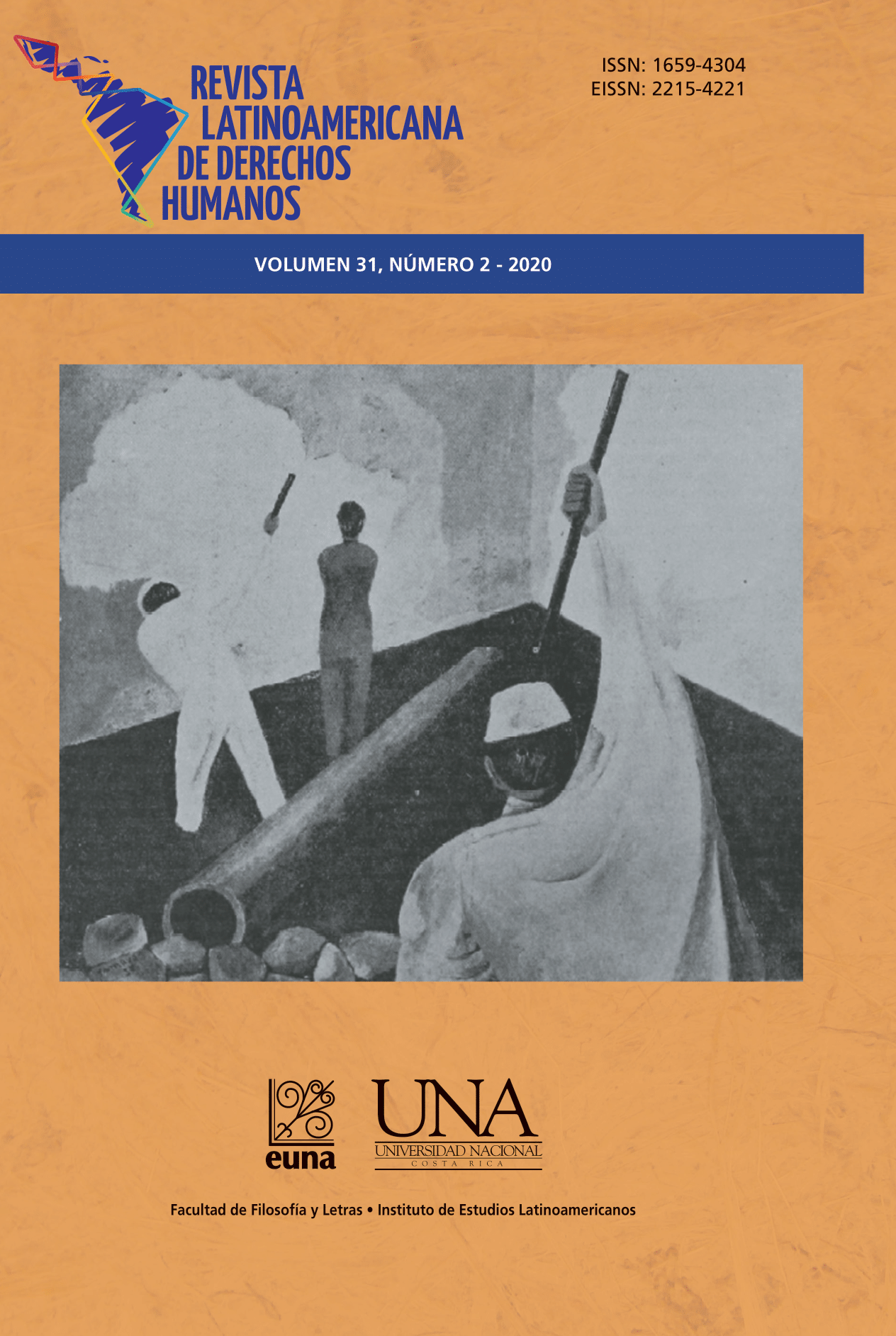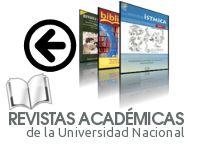Dissertations on the culture of peace in Costa Rica
DOI:
https://doi.org/10.15359/rldh.31-2.3Keywords:
Human rights, Culture of peace, Democratic system, Politics, Central AmericaAbstract
The present article analyzes the right to peace and the living of a culture of peace, as the fundamental axes of Costa Rican society, from a grounded or theoretical perspective of human rights as cultural products. In this manner, it reflects on the violation and disrespect for human rights as the result of simplistic and reduced visions resulting from the same legal order, from conjunctural political approaches and from the weakening of democratic institutions, stemming from the constraint of the citizen's will. In this sense, part of the results is aimed at elucidating social changes that generate new fabrics of meaning, which configure and rewrite a more intelligible complexity of the political “obscenities” that are exposed on a daily basis, as well as a new feeling and thinking of the culture of peace that warn of the breadth and materialization of a broad perspective on human rights.
References
Asamblea Legislativa. (2004). Ley Contra la Corrupción y el Enriquecimiento Ilícito en la Función Pública, ley 8422. Recuperado de
Gallardo, H. (2008). Teoría crítica: Matriz y posibilidad de Derechos Humanos. San Luis Potosí, México: Comisión Estatal de Derechos Humanos. Facultad de Derecho, Universidad Autónoma de San Luis Potosí.
Gallardo, H. (2009). Notas sobre el Golpe de Estado en Honduras. Recuperado dewww.pensamientocritico.info
Herrera-Flores, J. (2005). Los derechos humanos como productos culturales. Crítica al humanismo abstracto. Madrid: Catarata.
Merino, J. (1996). Manuel Mora y la democracia costarricense. Heredia, Costa Rica: Editorial Fundación UNA.
Romero, E. (2019). ANPDH eleva a 545 la cifra de muertos por la represión en Nicaragua. La Prensa. Recuperado de
Downloads
Published
How to Cite
Issue
Section
License
El material que se publica en esta Revista está bajo una licencia “Creative Commons” 3.0 Costa Rica (CC, Reconocimiento-NoComercial-SinObraDerivada 3.0 Costa Rica (CC BY-NC-ND 3.0 CR) . Esto significa que el material publicado en la revista se puede compartir (copiar y distribuir) en cualquier medio o formato considerando que se debe reconocer de forma adecuada la autoría del material y la fuente, no puede utilizarse con fines comerciales y no se aceptan las obras derivadas (remezclar, transformar o crear a partir del material).








